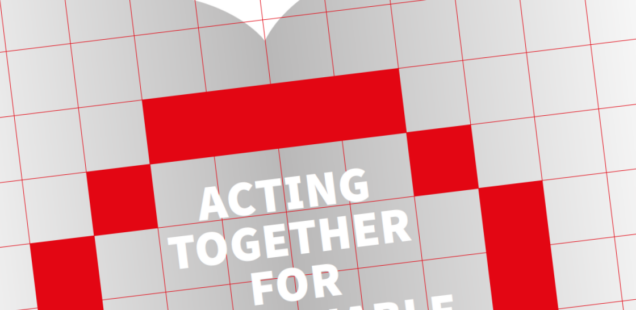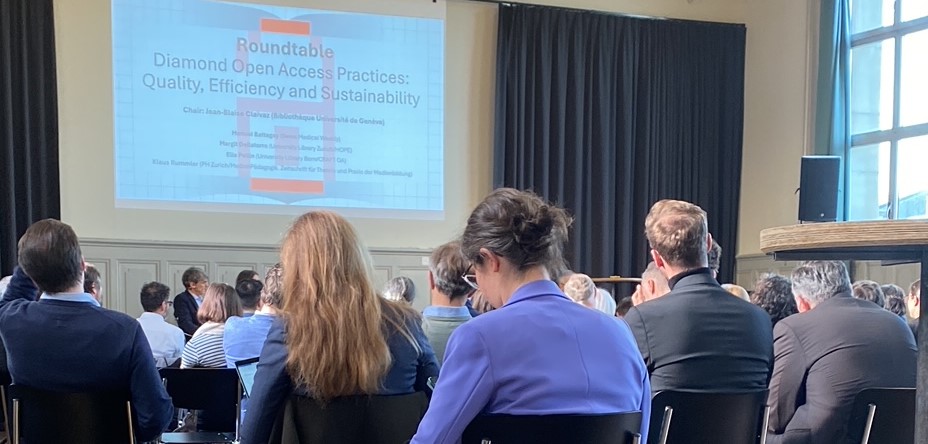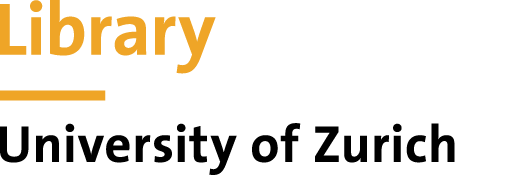
1st Swiss Diamond Open Access Conference
Read this post in
 Deutsch
Deutsch
How can Diamond Open Access be better supported in Switzerland? What are the opportunities and challenges associated with scholar-led publication initiatives? These questions stood at the centre of the 1st Swiss Diamond Open Access Conference, which took place in Bern on 8 March 2024 under the title “Acting Together for Sustainable Scholar-Led Publishing”.
The conference was the first of its kind – the interest from open access experts, researchers and staff at academic libraries and universities, as well as funding organisations and publishers, was therefore high. Around 100 participants were in attendance to discuss questions and topics related to the sustainability of Diamond Open Access posed in the course of four talks and two panels.
The conference was organised by the “Platinum Open Access Funding” (PLATO) project, which is committed to promoting Diamond Open Access publishing in Switzerland. The term “Diamond Open Access” is used to refer to journals or platforms that do not charge fees from their authors or readers, that are governed by the scientific community and that are – in most cases – institutionally funded.
Urgent topics
The aim of the conference was to discuss the opportunities and challenges of Diamond Open Access in Switzerland, in order to identify future avenues for support and funding. This is an urgent concern, since for Switzerland – apart from the funding of journals offered by the Swiss Academies of Arts and Sciences (SAGW), – there is currently no funding available for Diamond Open Access journals, which often operate on a voluntary basis.
At the same time, it seems very likely that Diamond Open Access will be part of the framework of the revised National Open Access Strategy, which will be adopted in summer 2024 and will thus put Diamond Open Access on the agenda of libraries, universities and funding institutions. In this context, the Diamond Open Access route is seen as an important alternative to the services offered by commercial publishers. This is owed to the fact that Diamond Open Access journals not only provide an important service for their scientific communities, by publishing peer-reviewed publications free of charge; they also contribute to the diversity and multilingualism in their respective disciplines and in the publication sector as a whole.

There was therefore a general consensus at the conference, that increased support and funding is necessary for Diamond Open Access in Switzerland; regarding how to go about achieving this, however, opinions differed. Key points made here included the establishment of Diamond Open Access funds for journals, more funding for institutional publishing platforms and the expansion of their publication services, as well as a stronger national network of service providers and publishers in the form of a national «capacity hub», as presented by Pierre Mounier (OPERAS/DIAMAS) in his presentation on global governance of Diamond Open Access.
Challenges
However, as explained by Rudolf Mumenthaler (University Library Zurich) and Andrea Malits (Open Science Services UZH) in their opening presentation, the federal structure of the higher education landscape and the specific mandates of funding institutions in Switzerland present challenges that are difficult to compare with those of other European countries.
Against this background, Vanessa Proudman (SCOSS/DIAMAS) argued in favour of formulating a business case that not only defines the precise meaning of “sustainability”, but also which goals and needs could be most effectively achieved or satisfied by which means. Some starting points for this, such as the pooling of publication services, were provided in the talk by Dirk Verdicchio (Bern University Library), based on interviews that he and his team had conducted with journal editors.
A detailed conference report with summaries of the talks and panels can be downloaded here.
Daniela Hahn, Project Manager PLATO

Comments are closed, but trackbacks and pingbacks are open.